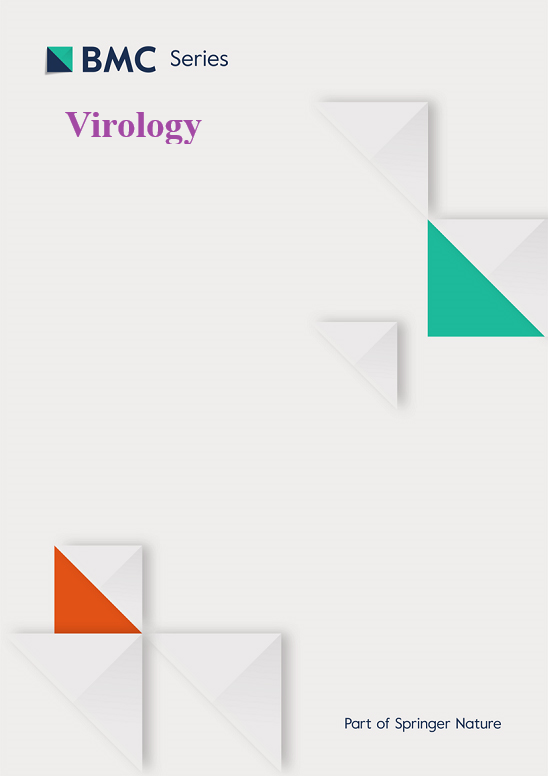Antiviral effects of flavonoids on animal viruses
IF 2.8
3区 医学
Q3 VIROLOGY
引用次数: 0
Abstract
Flavonoids, plant-derived compounds widely recognized for their antioxidant, anti-inflammatory, and anticancer properties, also exhibit significant antiviral effects against various animal viruses. This review highlights the promising antiviral mechanisms of flavonoids, which include disrupting viral replication, blocking cell entry, and modulating immune responses. Notably, flavonoids like quercetin, kaempferol, and genistein have been shown to effectively inhibit viruses of veterinary importance, such as African Swine Fever Virus (ASFV), Porcine Epidemic Diarrhea Virus (PEDV), and Infectious Bronchitis Virus (IBV), among others. Although most studies demonstrate efficacy in vitro, the limited in vivo research underscores the need to further explore flavonoids’ antiviral potential in real-world applications. The immunomodulatory effects observed in some cases, where flavonoids regulate cytokine expression and reduce inflammation, suggest a dual action that could benefit both antiviral and anti-inflammatory responses. This body of research suggests that flavonoids could provide an option for managing animal viral infections. Yet, standardized methodologies and more in vivo studies are needed to validate these findings for veterinary use.
类黄酮对动物病毒的抗病毒作用
黄酮类化合物是一种被广泛认为具有抗氧化、抗炎和抗癌特性的植物源化合物,对各种动物病毒也有显著的抗病毒作用。本文综述了黄酮类化合物有前景的抗病毒机制,包括破坏病毒复制、阻断细胞进入和调节免疫反应。值得注意的是,槲皮素、山奈酚和染料木素等类黄酮已被证明能有效抑制对兽医有重要意义的病毒,如非洲猪瘟病毒(ASFV)、猪流行性腹泻病毒(PEDV)和传染性支气管炎病毒(IBV)等。尽管大多数研究表明在体外有效,但有限的体内研究强调了进一步探索黄酮类化合物在实际应用中的抗病毒潜力的必要性。在某些情况下观察到的免疫调节作用,黄酮类化合物调节细胞因子表达并减少炎症,表明其具有双重作用,可能有利于抗病毒和抗炎反应。这些研究表明,类黄酮可以为控制动物病毒感染提供一种选择。然而,需要标准化的方法和更多的体内研究来验证这些发现以供兽医使用。
本文章由计算机程序翻译,如有差异,请以英文原文为准。
求助全文
约1分钟内获得全文
求助全文
来源期刊

Virology
医学-病毒学
CiteScore
6.00
自引率
0.00%
发文量
157
审稿时长
50 days
期刊介绍:
Launched in 1955, Virology is a broad and inclusive journal that welcomes submissions on all aspects of virology including plant, animal, microbial and human viruses. The journal publishes basic research as well as pre-clinical and clinical studies of vaccines, anti-viral drugs and their development, anti-viral therapies, and computational studies of virus infections. Any submission that is of broad interest to the community of virologists/vaccinologists and reporting scientifically accurate and valuable research will be considered for publication, including negative findings and multidisciplinary work.Virology is open to reviews, research manuscripts, short communication, registered reports as well as follow-up manuscripts.
 求助内容:
求助内容: 应助结果提醒方式:
应助结果提醒方式:


